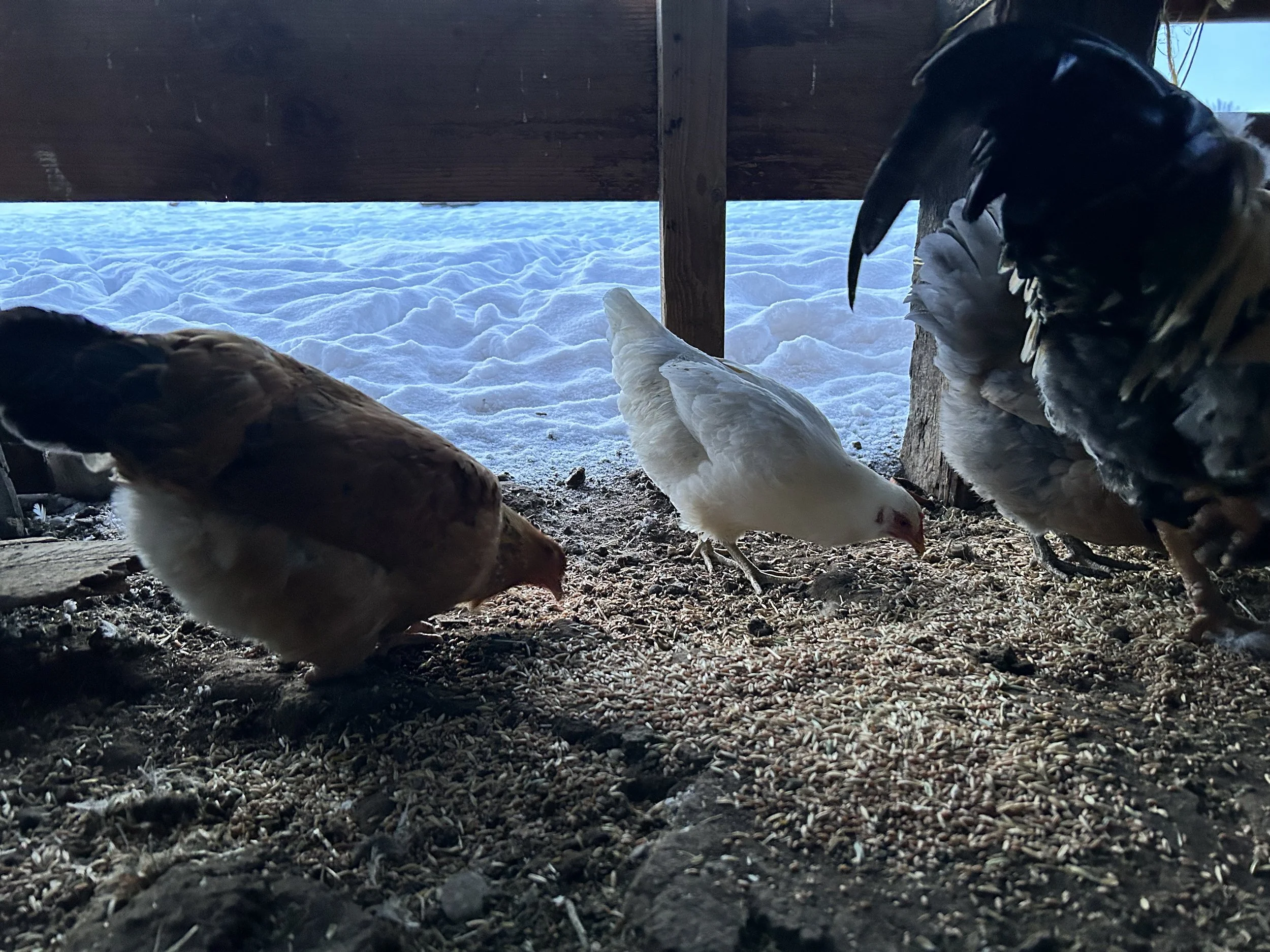Solitude to Think
I just finished a book about a man who separated himself from society for 27 years, The Stranger in the Woods, by Michael Finkel.
Among all of the complications of living apart, one aspect that struck me most was his description of losing himself in nature.
Chris Knight talked about losing his sense of time as he watched the animals live and the seasons change. His sense of self disappeared.
Other people who have lived alone for extended periods of time attempt to describe the same feeling of dissolving into the rest of the universe while understanding so much that they can’t articulate.
I wonder if animals live without a sense of self that is separate from nature. Most animals seek companionship in herds, flocks, packs and schools, but I suspect their day-to-day consciousness doesn’t include recognizing their individuality.
I have felt that sense of my self dissolving, but only in fleeting moments.
When I gaze at the stars and am overwhelmed by the immensity of all that is beyond me.
When I pick up a fallen leaf to look at the veins and infinite colors.
When I stoop to scratch beneath the moss clinging to sandstone and admire the fragile roots that find enough food, slowly breaking a rock apart, creating a place for grass to grow.
In those fleeting moments, I forget I exist.
No endless to-do list.
Nobody demanding action I can easily do yet is uncomfortable for me.
No impending deadlines.
When I come back to myself from those fleeting moments, I feel invigorated, creative, ready to tackle all I need to accomplish.
Experts say that one key to happiness and creativity is time alone, yet loneliness is one of our society’s largest risk factors for increased illness and early death.
The difference between rejuvenating the human spirit and despair seems to come with choice.
Prisoners of war held in solitary confinement describe despair descending quickly, holding them underwater.
Often, they say, the mental struggle is far harder than the physical struggle.
I’m not sure I would be strong enough to survive that ordeal.
Time alone outdoors fills my soul and allows my mind to discover ideas tucked in deep recesses, but it isn’t the only form of rejuvenation.
The other day, I was surprised to confirm another paradigm from experts.
Self-help advocates talk about how our brains associate a specific space with an activity – so when I walk into the house, I start looking for something to eat even if I’m not hungry.
The dining room table is home to my calendar, to-do list and stack of bills.
As soon as I open a book in bed, I fall asleep.
The other day, as my daughter, Abby, and I drove home from a family celebration, I found myself filling in the details of ideas that had crossed my mind months ago.
Poor Abby tried to nap as I chattered away about how to implement this latest enterprise.
I should have taken notes.
As soon as we walked into the house, after I resisted a snack, I could not remember any of the fantastic details I had outlined for the past three hours.
Not a single one.
In place of those thoughts were the stack of mail, the clutter of Christmas and that darn dining room table.
No room to solve problems or develop ideas there.
I went for a walk across my pastures.
I thought about the windshield time with my daughter, the energized brainstorming while I was in a different place, and the importance of intentionally allocating time to disappear.
Snowflakes landed on my eyelashes as I slowly lost my individuality to the natural world that always waits patiently.
Blissful.
